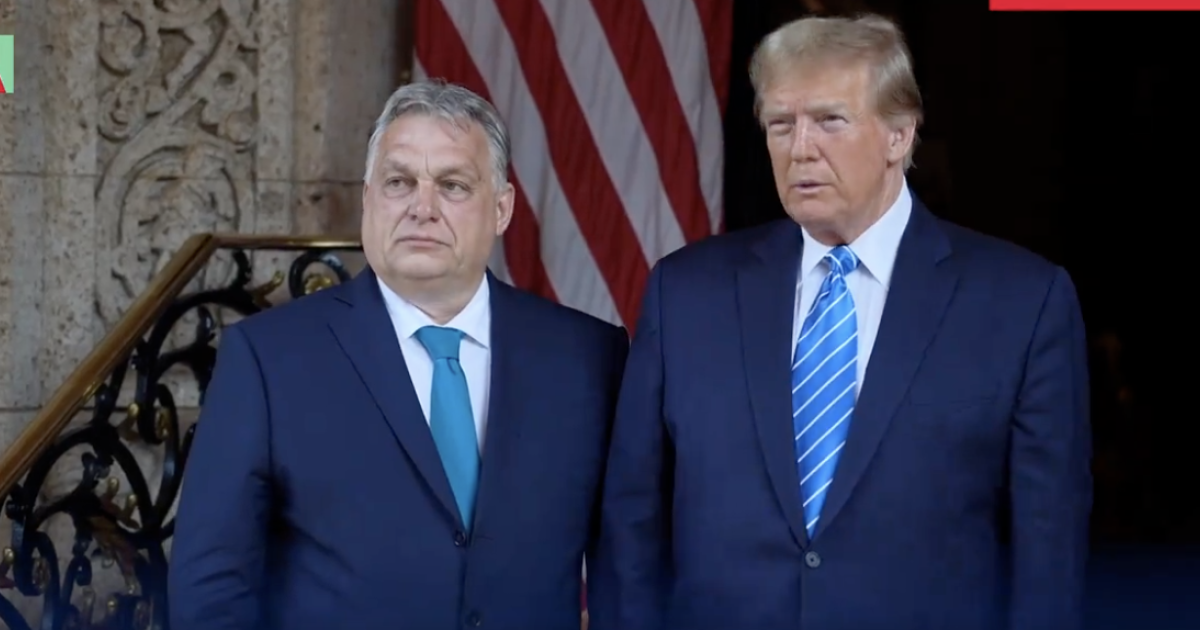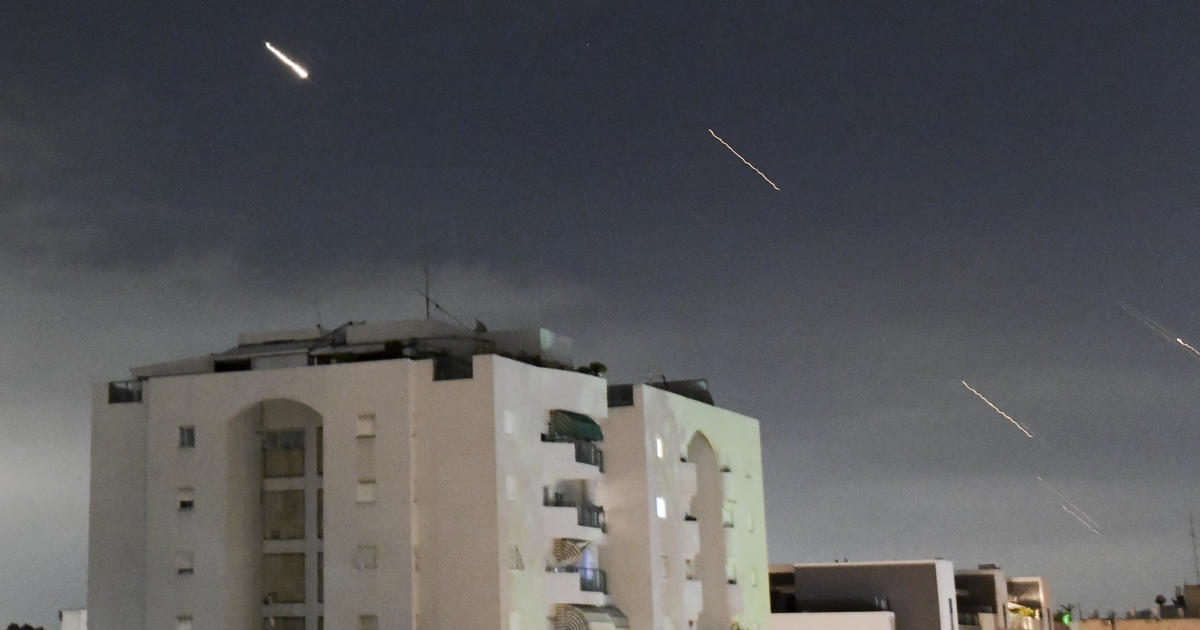North Korea crisis: Mattis says goal "to solve this diplomatically"
U.S. Defense Secretary James Mattis toned down the rhetoric Tuesday, saying the United States wanted a diplomatic solution to the crisis in North Korea.
"We maintain the capability to deter North Korea's most dangerous threats but also to back up our diplomats in a manner that keeps this as long as possible in the diplomatic realm, " he told reporters during a visit to India.
"That is our goal, to solve this diplomatically, and I believe President Trump has been very clear on this issue."
Meanwhile, China's foreign ministry urged North Korea and the United States to stop their escalating war of words, warning that there will be "no winner" in the event of a conflict on the Korean Peninsula.
Ministry spokesman Lu Kang told reporters at a regular briefing Tuesday that Beijing "consistently opposes war and chaos on the peninsula" and "totally disapproves" of the fiery threats that have been traded between the sides.
Lu's remarks came after North Korea's top diplomat said Monday that President Donald Trump's tweet that leader Kim Jong Un "won't be around much longer" was a declaration of war against his country by the United States.
In Beijing, Lu noted that the Trump administration clarified Monday that it's not seeking to overthrow North Korea's government.
North Korea said it has the right to shoot down American warplanes, even if they are flying outside North Korean airspace, CBS News correspondent Ben Tracy reports, after American bombers and fighter jets flew 200 miles off North Korea's east coast over the weekend, the furthest north American war planes have gone on the Korean Peninsula this century.
According to international law, a country's airspace extends about 13 miles out to sea, but North Korea claims a more than 70 mile zone, Tracy says.
U.S. intelligence said there were indications Kim Jong Un could test another intercontinental ballistic missile in the next 5 to 10 days, a sign the North Korean leader was still moving forward with his weapons program despite U.S.. warnings and punishing sanctions.
"If we think sanctions will get North Korea to give up nuclear weapons, we're wrong," Michael Green, who worked at the National Security Council during the George W. Bush administration, told CBS News.
"We now know, and anyone whose worked on North Korea (and) negotiated with them now knows, they are not serious in any way about a diplomatic negotiation to give up their nuclear weapons," he said.
South Korean intelligence said that North Korea did not take any immediate action when the American bombers flew off its coast on Saturday, Tracy reports. It may not have detected the warplanes, but did later strengthen its coastal defences, he says.



